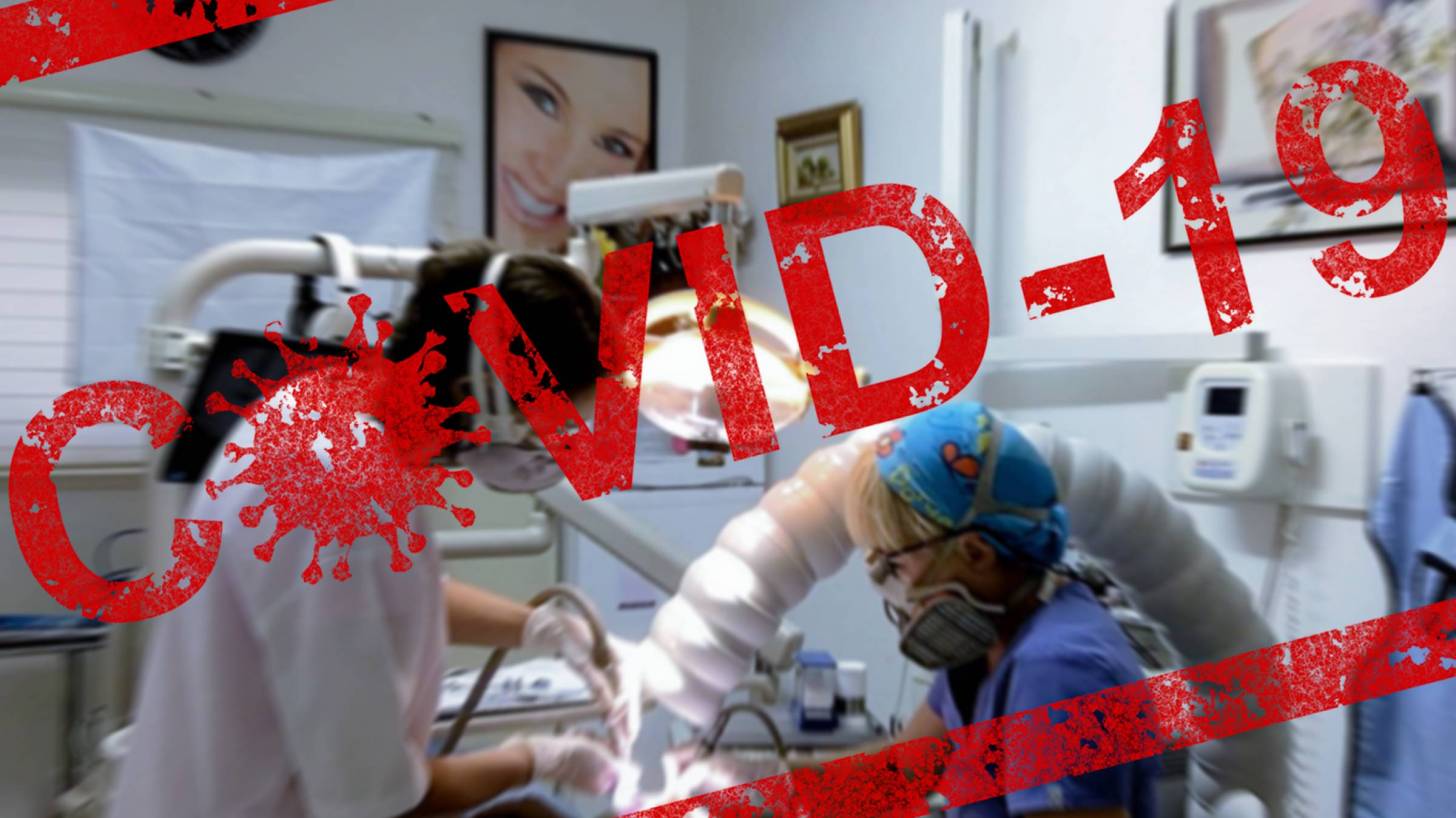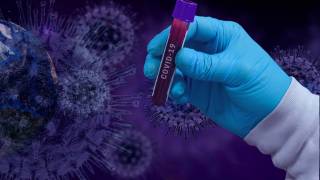Which Oral Rinse Defeats Coronavirus Best?

ioTech International announced that testing has recently been completed at the Institute of Antiviral Research at Utah State University comparing the antiviral efficacy of 4 oral rinses, conducted at a Level 3 Biocontainment laboratory by university researchers.
The study details were published in the International Journal of Experimental Dental Science, a peer-reviewed, scientific journal. This study found the routine use of evidence-based, antiviral, preprocedural rinses should provide both patients and dental staff with an additional measure of protection against a uniquely communicable and deadly virus.
This in vitro laboratory study demonstrated that iodine-based oral rinses have superior antiviral efficacy with no associated cytotoxicity.
The testing compared 2 rinses recommended by the American Dental Association in their interim guidance against Covid-19 (1.5% hydrogen peroxide and 0.2% povidone-iodine).
A third oral rinse, which earned the American Dental Association Seal of Acceptance (0.12% chlorhexidine gluconate) and a molecular iodine oral rinse being developed by ioTech International were also tested.
The only rinse to demonstrate complete effectiveness against the SARS CoV-2 virus was the molecular iodine oral rinse containing molecular iodine 100 ppm (parts per million). The molecular iodine rinse was completely effective within 30 seconds.
The other 3 rinses were only partially effective, even after 60 seconds.
Neither of the iodine rinses (molecular iodine nor povidone iodine) were cytotoxic in the testing. Both the hydrogen peroxide and the chlorhexidine gluconate rinses demonstrated toxicity.
Michelle Mendenhall, Principal Investigator at Utah State University stated in a December 2, 2020 press statement: “The Institute provides evidence-based research exploring the antiviral and virucidal activity of a wide range of compounds. We are pleased to have conducted this study which compares, for the first time, the virucidal efficacy of three oral rinses used in professional dental offices and a newly developed rinse against SARS-CoV-2.”
The oral cavity is a reservoir for a large number of microorganisms including bacteria and viruses. This ecological niche can be a pool for opportunistic and pathogenic microorganisms that can pose a risk for cross-contamination and infection and may even cause systemic infections, said these researchers.
In the USA, in vitro testing on SARS-CoV-2 has only been authorized by the Center for Disease Control and Prevention at a limited number of laboratories rated BioContainment Level 3 or higher. As a result, clinicians are left with well-meaning, but confusing, guidance on the antiviral efficacy of oral rinses against SARS-CoV-2, because no direct testing against the virus had been available, adds this study.
This study was supported and funded by Iotech International, Boca Raton, Florida, USA. For further information, contact ioTech International.
A previous study published by Oral and Maxillofacial Surgery on August 25, 2020, concluded 'Mouthwashes are widely-used solutions due to their ability to reduce the number of microorganisms in the oral cavity. Preoperative antimicrobial mouth rinses with chlorhexidine gluconate, cetylpyridinium chloride, povidone-iodine, and hydrogen peroxide have been recommended to reduce the number of microorganisms in aerosols and drops during oral procedures.'
CoronavirusToday publishes research-based news.
Our Trust Standards: Medical Advisory Committee
- Comparative Analysis of Antiviral Efficacy of Four Different Mouthwashes against Severe Acute Respiratory Syndrome Coronavirus 2
- University Study: Molecular Iodine Rinse Completely Effective in 30 sec against SARS CoV-2
- In Vivo Antiviral Testing
- SARS-CoV-2 Viral Load in Upper Respiratory Specimens of Infected Patients
- CDC: Interim Infection Prevention and Control Guidance for Dental Settings During the Coronavirus Disease 2019 Pandemic
- Coronavirus: Molecular iodine

























